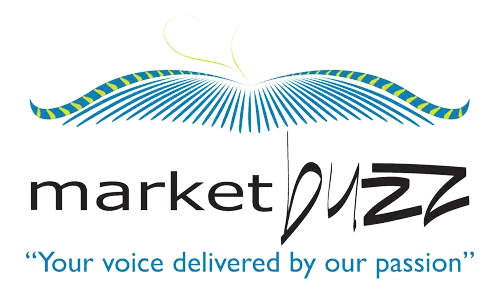Hosting an event is a powerful way for a company to connect with its audience, showcase its expertise, and build its brand. A well-prepared Emcee (Master of Ceremonies) plays a key role in ensuring the event flows smoothly and keeps attendees engaged. However, the foundation of this success lies in clear and timely communication with the Emcee.
Here’s why this communication is vital and how it contributes to a company’s reputation and PR efforts, alongside key timelines to ensure everything around an event runs like clockwork.
Setting the Right Tone for Your Brand
Timeline: 4-6 weeks before the event
The Emcee sets the tone for the entire event. By communicating clearly about your company’s values, event objectives, and audience expectations, you enable the Emcee to align their style and delivery with your brand. Whether your brand is formal or casual, ensuring that the Emcee understands the desired tone early on is crucial for a successful event.
What to do:
- Share your brand guidelines, tone of voice, and key messaging with the Emcee.
- Provide examples of past events or videos that reflect your preferred style.
Ensuring Consistent Messaging
Timeline: 3-4 weeks before the event
Consistency is key to building trust and maintaining your brand’s image. Without proper briefing, the Emcee may deliver messages that conflict with your company’s ethos or goals. By outlining the key talking points and brand messages, you ensure that the Emcee presents your company accurately and consistently throughout the event.
What to do:
- Prepare a briefing document with key messages, speaker bios, and company goals.
- Ensure all content is finalised and reviewed before sharing with the Emcee.
Maintaining Professionalism and Smooth Flow
Timeline: 2 weeks before the event
An event’s success depends on a smooth flow, and the Emcee must be well-prepared for transitions between sessions or speakers. Clear communication at this stage helps the Emcee anticipate any challenges and handle unexpected changes gracefully, avoiding awkward moments that could negatively impact your company’s professionalism.
What to do:
- Share a detailed agenda with timings, speaker details, and transitions.
- Conduct a run-through or rehearsal to familiarise the Emcee with the event structure.
Avoiding Potential PR Pitfalls
Timeline: 1-2 weeks before the event
An off-script comment or misjudged joke can damage your company’s reputation. By briefing the Emcee on sensitive topics and appropriate language, you can prevent such PR blunders. Make sure the Emcee understands the boundaries of humour and the importance of delivering accurate facts to avoid negative press coverage.
What to do:
- Share guidelines on what to avoid (sensitive topics, off-colour humour).
- Provide accurate and finalised information for the Emcee to reference.
Enhancing Audience Engagement
Timeline: 1-2 weeks before the event
The Emcee does more than manage the event—they engage with the audience and keep them connected. By sharing insights about the audience demographics, interests, and expectations, you help the Emcee tailor their approach to make the event more interactive and relatable, which reflects positively on your company.
What to do:
- Provide the Emcee with audience demographics and expectations.
- Share tips or best practices for engaging this specific audience.
Showcasing Your Company’s Attention to Detail
Timeline: 1 week before the event
Events that are remembered for their attention to detail often reflect positively on a company. Whether it’s getting a speaker’s name right or smoothly transitioning between segments, these details matter. By providing the Emcee with the necessary information early, you showcase your company’s professionalism.
What to do:
- Send the Emcee a pronunciation guide for names or industry terms.
- Finalise and share any scripts or prompts that will be used during the event.
Strengthening Post-Event Public Relations
Timeline: 1-2 days before the event
Good PR doesn’t end when the event is over. A well-communicated and successful event often leads to positive post-event coverage and social media buzz. Ensuring the Emcee is fully briefed and aligned with your messaging helps avoid any missteps that could undermine the event’s success and your company’s reputation.
What to do:
- Conduct a final briefing or check-in with the Emcee a day or two before the event to address any last-minute changes.
- Discuss strategies for maintaining energy and engagement throughout the event.
Important Milestones & Timelines Summary
- 4-6 weeks before the event: Initial briefing on brand values, tone of voice, and event goals.
- 3-4 weeks before the event: Share the event script, key messages, and speaker bios.
- 2 weeks before the event: Provide the final agenda and conduct a rehearsal.
- 1-2 weeks before the event: Brief the Emcee on sensitive topics, audience engagement strategies, and final content.
- 1 week before the event: Finalise details like pronunciation guides, speaker introductions, and ensure all materials are reviewed.
- 1-2 days before the event: Conduct a final run-through to address any last-minute updates.
Clear and timely communication with an Emcee is essential for the success of any event. It ensures consistency, professionalism, and audience engagement, ultimately safeguarding your company’s reputation. By following these timelines and providing the Emcee with the right information at the right time, you can ensure a seamless event that leaves a lasting positive impression, contributing to strong PR and brand positioning.



